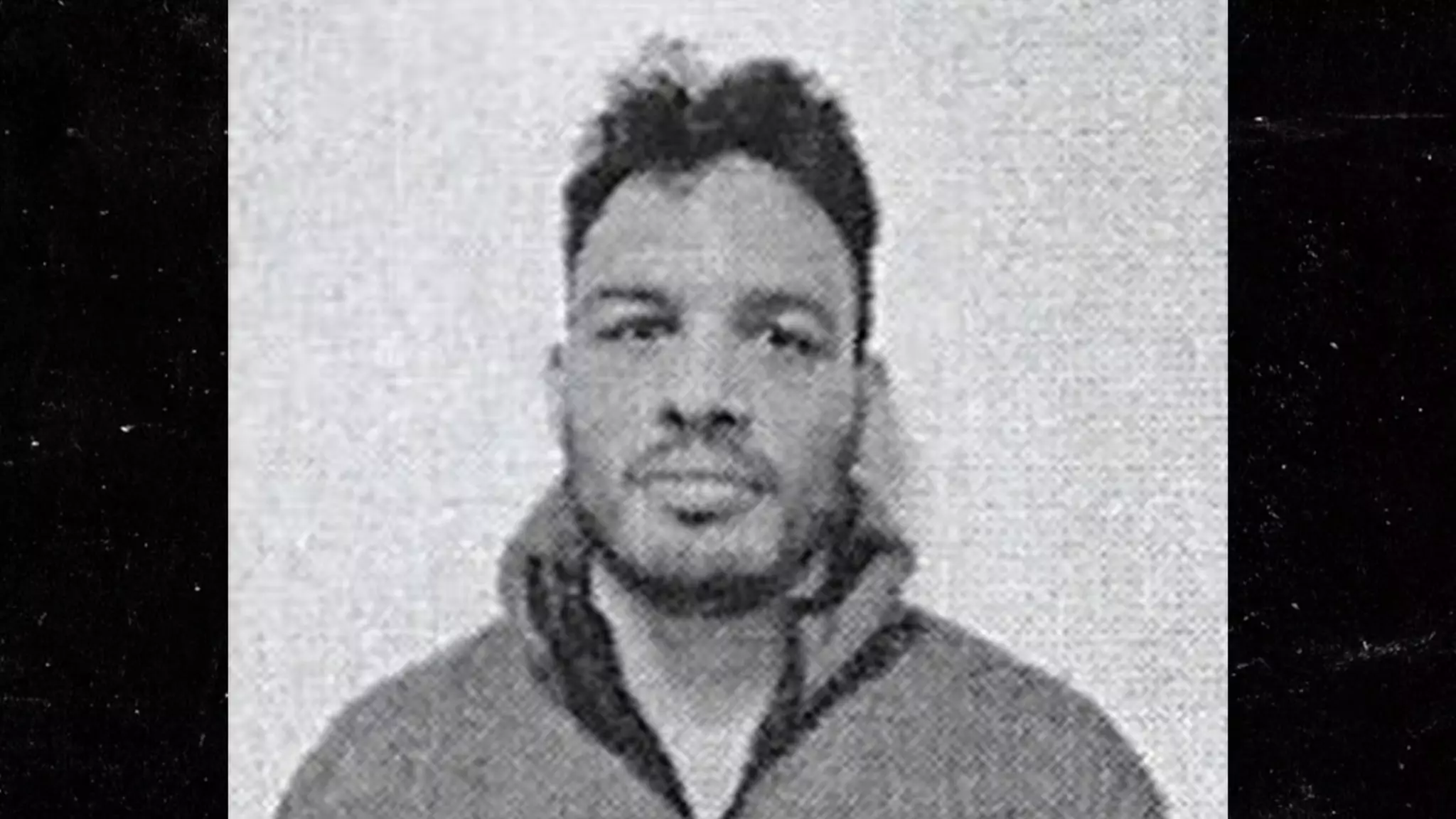Julio Cesar Chavez Jr., once celebrated as a boxing prodigy and the son of the legendary Julio Cesar Chavez Sr., has long been a fixture in the world of boxing. His bouts against notable rivals like Canelo Alvarez and even Jake Paul elevated his status as a formidable athlete. Yet, beneath the glimmer of fame lies a troubling pattern of legal and personal issues that threaten to overshadow his athletic achievements. Chavez Jr.’s recent arrest, associated with allegations involving organized crime and weapons trafficking, adds a dark chapter to his story and raises questions about the true cost of fame and the influence of external elements on even the most celebrated athletes.
Legal Troubles: A Pattern of Neglect and Crime
The recent arrest by ICE officials in Studio City marks a significant escalation in Chavez Jr.’s legal struggles. Officially detained on an active warrant out of Mexico, the charges against him include trafficking firearms, ammunition, and explosives, linked to the infamous Sinaloa Cartel. These allegations are not isolated. Historical records indicate Chavez Jr. has a long-standing history of legal issues, including charges of drunk driving and license violations in the United States dating back over a decade. Notably, his 2024 arrest for illegal possession of an assault weapon underscores a pattern of risky behavior with serious criminal implications.
Such recurring legal pitfalls suggest deeper issues, potentially reflective of a lifestyle that increasingly diverges from his former discipline as a boxer. The law’s scrutiny reveals an individual whose public persona as a sports hero seems at odds with the troubling allegations surrounding his personal conduct.
Challenges to His Legacy and Public Perception
Chavez Jr.’s reputation is at a crossroads. Once revered for his prowess in the ring, his standing has been tarnished by revelations of criminal associations and reckless behavior. The intersection of his athletic career and personal misconduct invites a broader discussion on how fame can sometimes serve as a shield or a blindfold, allowing problematic elements to thrive unchallenged.
The juxtaposition of his boxing achievements against the severity of his legal allegations fuels debates about personal responsibility and the influence of external factors such as criminal networks. The involvement of high-profile illegal activities, especially those connected to drug cartels, raises serious concerns about safety, integrity, and accountability within the sports world. It also underscores the importance of stringent vetting processes and the necessity for athletes to be held accountable regardless of their status.
A Reflection of Broader Societal Issues
Chavez Jr.’s case is emblematic of larger societal issues, such as the pervasive reach of organized crime and the challenges law enforcement faces in addressing these entrenched networks. His alleged connections to the Sinaloa Cartel and firearms trafficking highlight how the boundaries between sports, celebrity, and criminality can blur, often with dire consequences.
The public outcry, fueled by statements from Homeland Security, emphasizes a commitment to removing dangerous elements from U.S. society, regardless of their fame. This incident also prompts reflection on how some high-profile individuals attract undue leniency or remain unchecked due to their status, inadvertently perpetuating a culture of impunity.
Julio Cesar Chavez Jr.’s current predicament serves as a stark reminder that athletic greatness does not exempt individuals from legal and moral scrutiny. His story invites a critical examination of how fame and personal choices interact with larger societal structures, and it challenges us to consider the responsibility of public figures to uphold integrity both inside and outside the ring.

